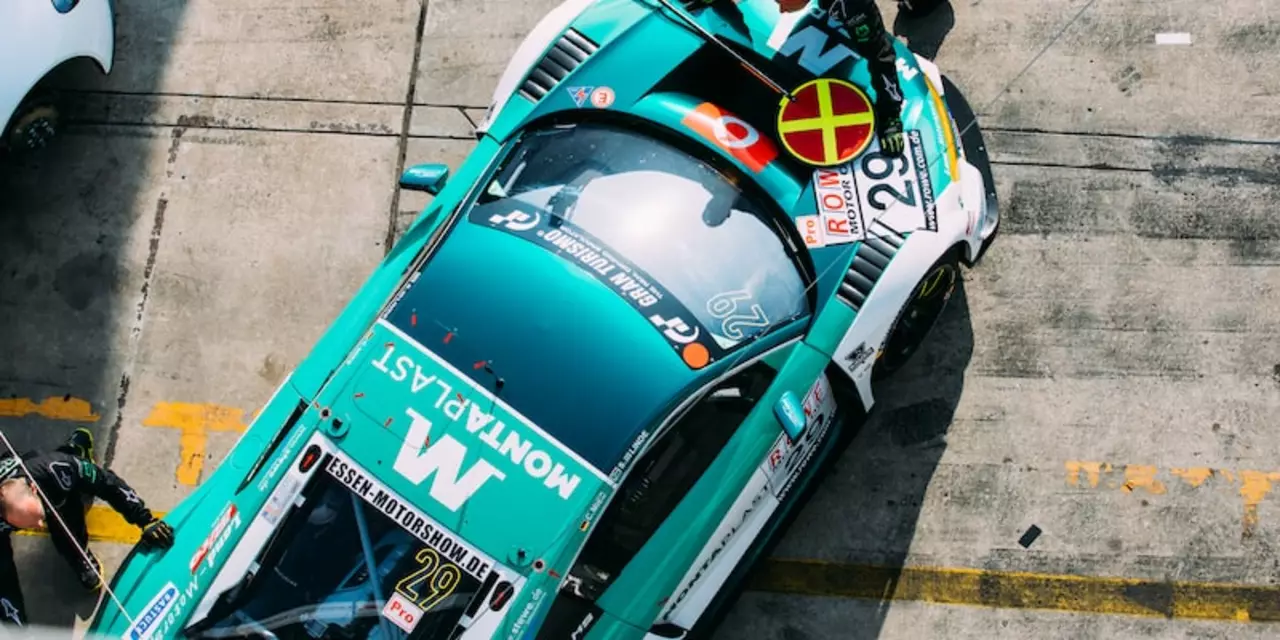Racing Hub – All the Must‑Know Info for Speed Lovers
Welcome to the racing tag page. Here you’ll find quick updates, handy tips and straight‑forward answers to the questions that pop up when you’re into motorsport. Whether you’re watching a Formula 1 showdown, planning your first track day or just curious about what makes a race safe, we’ve got you covered.
What Makes a Race Track Safe?
Most tracks are built from a mix of asphalt, concrete and sometimes clay. The surface choice depends on the type of racing – asphalt for high‑speed cars, dirt for rally‑style events. Safety isn’t just about the pavement; it’s about barriers, run‑off zones and the grip level of the track. Modern circuits use energy‑absorbing barriers that deform on impact, reducing the force that reaches the driver.
Racers also wear helmets, fire‑resistant suits and neck supports. Those pieces work together with the car’s safety cell to keep injuries low. So, while a crash can look dramatic, the track material itself isn’t the main danger – it’s the speed and how quickly you react.
How Pro Drivers Stay Sharp
Professional drivers practice almost every day. A typical week mixes on‑track sessions, simulator runs and data analysis. On the track they’ll run a few hot laps, test new setups and practice overtaking maneuvers. Off the track they hit the gym, work on mental focus exercises and study track maps to memorize braking points.
Simulators are a big part of the routine. They let drivers rehearse a new circuit before ever stepping into the car, saving time and money. Coaching sessions with experienced drivers also help fine‑tune technique and keep habits fresh.
All this work explains why the best drivers seem to have an almost sixth sense for the car’s limits. It’s not magic – it’s constant, focused practice.
Besides safety and practice, the racing world is full of interesting debates. Some fans wonder what an unrestricted race would look like – picture monster trucks, rockets, even a tractor lining up next to a supercar. While it sounds wild, the idea highlights how much engineering and skill go into balancing power, handling and strategy.
Another hot topic is which motorsport demands the most skill. Formula 1 often tops the list because of its blend of speed, precision and physical strain, but rally, MotoGP and endurance racing each bring unique challenges. The answer depends on what skill set you value most.
Whether you’re a seasoned fan or just starting out, the racing tag page is your quick‑reference spot. Check back often for fresh stories – from a seat‑throw incident at Westfield Stratford to the latest on why BMW left Formula 1. We keep the content clear, direct and useful, so you can stay in the fast lane without getting lost in jargon.
Got a question about track materials, driver routines or the next big racing trend? Drop a comment, and we’ll try to answer it in plain language. Let’s keep the conversation rolling and the engines humming.

Who is John Casey IndyCar?
I recently came across an interesting personality in the world of IndyCar racing, John Casey. He is a successful engineer and strategist in the sport, known for his innovative approach to race car design and team management. Over the years, he has worked with top teams and drivers, contributing to their success on the track. It's amazing how his passion and knowledge have had such a significant impact on the racing world. I can't wait to learn more about John Casey and his incredible journey in the IndyCar series!
Read More
Which motorsport would be considered the most skilled?
Motorsport is a popular and highly competitive form of racing across the world. Among the many disciplines available, some argue that Formula 1 is the most skilled and demanding. This is due to the technical knowledge and precision required to be successful. Other motorsport disciplines such as Rally and Endurance racing also require a high level of skill, as the drivers must be able to adapt to changing conditions, such as weather and terrain. Ultimately, the most skilled motorsport is a matter of opinion as all require a high level of technical knowledge, concentration, and skill.
Read More